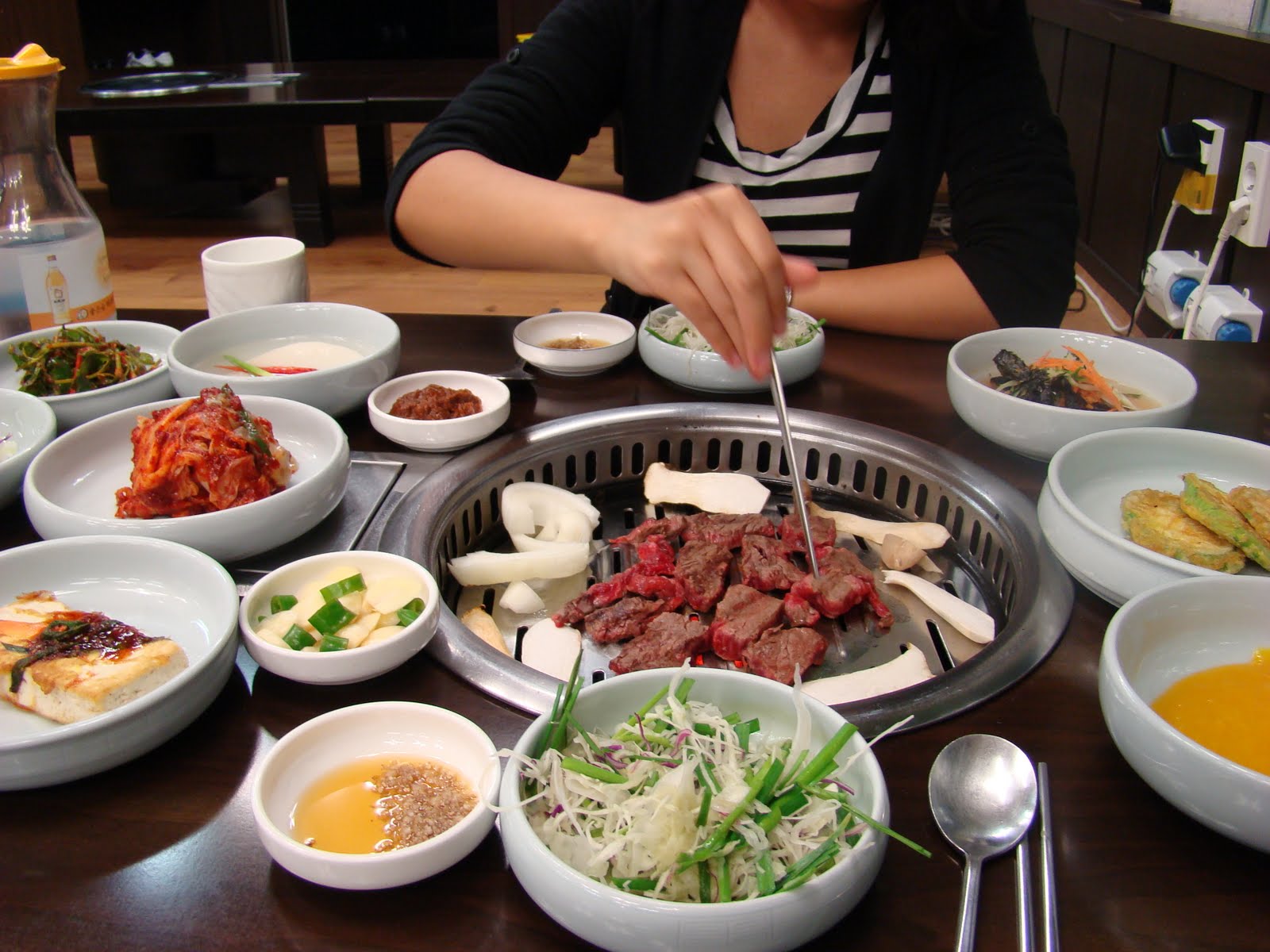
Even today, with the level of pollution and the consequences of climate change around the world, recycling seems to remain a major challenge.
Despite decades of campaigns and efforts, many people do not fully understand how to recycle correctly or do not give it the importance it deserves. Plastic recycling, for example, remains very low: less than 10% of this waste is recycled effectively. This problem also extends to food waste, which often ends up in landfills or on the street. Faced with this persistent problem, South Korea has managed to turn the obstacle into an opportunity, positioning itself as a benchmark in food waste management.
According to recent studies, about 30% of the country’s waste comes from food. However, more than 90% of this waste is collected and processed effectively.
Jae-Cheol Jang, a professor at the Institute of Agriculture at Gyeongsang National University, points out that the country processes about 4.56 million tons of food scraps annually, of which 4.44 million are recycled, which is equivalent to a staggering 97.5% of total waste.
Despite the current success in waste treatment, the situation was not always the same. In the 1980s, South Korea underwent an accelerated process of industrialization and urbanization, which created a major problem in waste management.
With a population density of more than 530 people per square kilometer, the country began to see how landfills multiplied near large cities, generating a health and environmental problem. The bad odors and the accumulation of garbage triggered citizen protests that led to significant changes in legislation.
In 2005, the nation officially banned the dumping of food scraps in landfills. However, the most significant change came in 2013 with the implementation of a payment system for food waste by weight. Instead of incentivizing recycling with financial rewards, as in other countries, South Korea opted for the opposite strategy: citizens must pay each time they throw away food scraps.
How this innovative system works
The system varies by region, district or even between different apartment blocks. People have three main options to dispose of their waste correctly:
First of all, they can use bags authorized by the authorities. These yellow bags, with a capacity of three liters, cost about 300 won (20 euro cents) and are used to deposit leftover food. When they are full, they are placed on the street to be collected by municipal services.
Then there are automated systems. In some apartment buildings, there are machines that identify residents using radio frequency cards. Users place their waste in a steel container, and the machine calculates the weight and corresponding cost, automatically deducted from the residence card credit system.
Finally, there are stickers in the case of restaurant waste. Food places buy prepaid stickers that they put on the bins to show that they have already paid for waste collection. This is especially important in a country with a tradition of banchanwhere multiple small plates are served alongside the main meal, which can lead to considerable waste.
South Korea faces alarming semiconductor crisis
The system has been effective in changing the habits of the population. For those who do not comply, the penalties can be severe. In residential buildings, security cameras record if neighbors do not use recycling systems correctly. Fines for violations can reach an amount equivalent to 63 euros, a considerable figure for frequent violators.
In the case of restaurants, the situation is even more strict. If authorities suspect that not enough food waste is being disposed of, they can impose fines of up to €6,800, which has made compliance in this sector quite high.
While the South Korean system has proven successful, it is not without its challenges. Approximately 49% of recycled waste is used to feed farm animals, which, if not processed properly, could pose a health risk.
In 2019, an outbreak of swine fever forced the Government to temporarily ban feeding processed food scraps, a reminder of the importance of maintaining high safety standards.
Furthermore, implementing these types of systems in other parts of the world may not be so simple. Rosa Rolle, an expert on food loss and waste at the FAO, suggests that, although the South Korean model is effective, it would not be appropriate to replicate it as is in Latin American countries, where the priority should be to reduce food waste through donations or resource maximization.
Source: https://reporteasia.com/sociedad/2024/10/07/corea-sur-implementa-modelo-basado-sanciones-pago-residuos-alimenticios/

